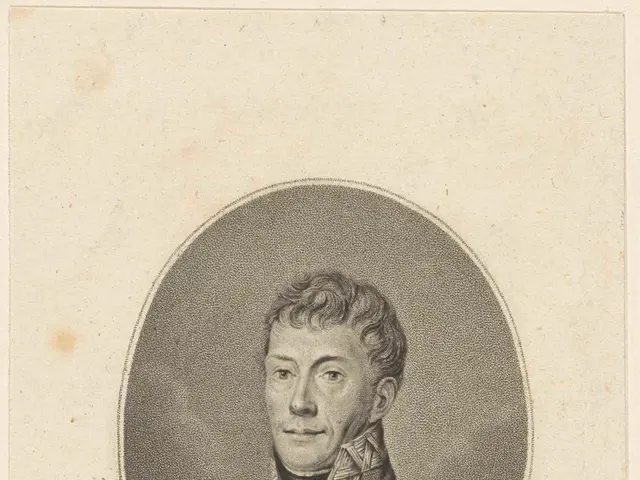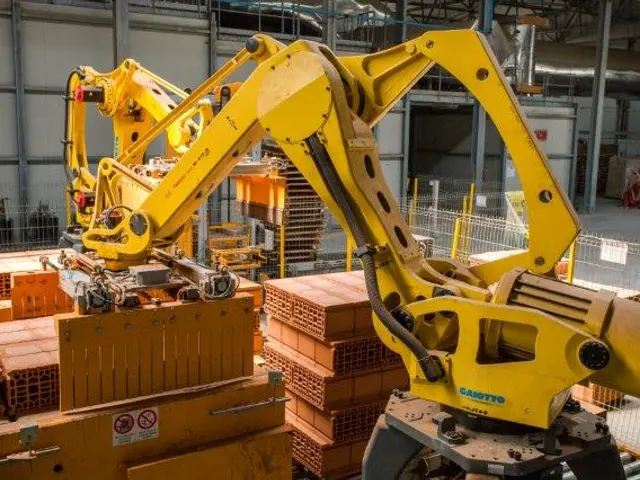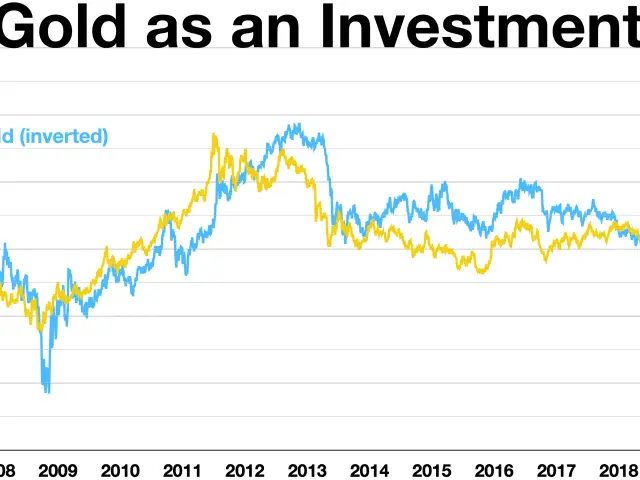Going Forward with a Shaky Start: Assessing the CDU/CSU-SPD Coalition
"This venture is under a foreboding omen"
The newly sworn-in federal government, led by the joint effort of CDU/CSU and SPD, got off to a bumpy beginning, unlike any other in the history of the Federal Republic. For the first time ever, a federal chancellor was elected in the second round. With this peculiar start, many are questioning the strength and durability of the current coalition. Maybrit Illner will delve into this topic on her Thursday evening show, discussing the future potential of Federal Chancellor Friedrich Merz.
Federal Interior Minister Alexander Dobrindt, a CSU member, seems optimistic, despite the unconventional start. In principal, he believes the coalition demonstrated a constructive, trustful spirit that promises to tackle challenges effectively. The active participation of the Greens and the Left Party, previously thought to be unlikely, is Dobrindt's testament to this fact. He sees this as a favorable sign, likening the initial tribulations to solving a challenge at the outset rather than enjoying a honeymoon followed by a subsequent bust-up.
But the opposition is not always accommodating. Katharina Dröge, the Green parliamentary group leader, has criticized the irregularities in the chancellor election, describing the coalition as initially unstable. She emphasizes that the parliamentary group leaders of CDU, CSU and SPD must pay close attention to avoid such mishaps in the future.
Political scientist Julia Reuschenberg maintains that while the coalition has certainly experienced some setbacks, it is crucial that the democratic process was upheld throughout.
Finance, Foreign Policy, and Beyond
Moving past the initial hiccups, the coalition will face a myriad of key issues—from economic stability and social security to climate policy and foreign affairs. The exact details of their collaborative approach remain to be seen, but one thing is evident—the coalition partners have their work cut out for them.
Migration remains a pressing topic, with the recently confirmed Federal Minister of the Interior, Dobrindt, already taking significant measures. To strengthen border controls, federal police officers will be required to work overtime, which could impact train station security. Additionally, the policy allows for asylum seekers at the border to be rejected by police, with the exception of vulnerable groups such as pregnant women and children.
As for engagement with other parties, some parliamentarians have raised concerns about the government's stance towards the Left, advocating for reconsideration of the incompatibility decision due to the current political climate. However, Dobrindt denies any plans to negotiate joint legislative projects with the AfD, considering them incompatible.
In the global arena, the coalition's European partnerships and relationships with neighboring countries will play a significant role in tackling challenges and establishing an effective migration system.
As events continue to unfold, observers are keenly watching the actions of this coalition to gauge its long-term potential and ability to navigate its challenges. Chaos may be the verdict of some critics, yet only time will tell if the CDU/CSU-SPD coalition can overcome its rocky beginnings to lead Germany in the right direction.
- Alexander Dobrindt
- Alliance 90/The Greens
- The Left
- CSU
- CDU
- Migration
- Alexander Dobrindt, the CSU member and Federal Interior Minister, remains optimistic about the CDU/CSU-SPD coalition, despite the unconventional start, citing a constructive spirit and the active participation of the Greens and the Left Party as positive signs.
- Katharina Dröge, the Green parliamentary group leader, criticized the irregularities in the chancellor election and described the coalition as initially unstable, urging the parliamentary group leaders of CDU, CSU, and SPD to pay close attention to avoid such mishaps in the future.
- Migration remains a pressing topic, with Dobrindt taking significant measures to strengthen border controls, such as requiring federal police officers to work overtime and allowing for asylum seekers at the border to be rejected by police (with exceptions for vulnerable groups).
- Some parliamentarians have raised concerns about the government's stance towards the Left, advocating for reconsideration of the incompatibility decision due to the current political climate. However, Dobrindt denies any plans to negotiate joint legislative projects with the AfD, considering them incompatible.








